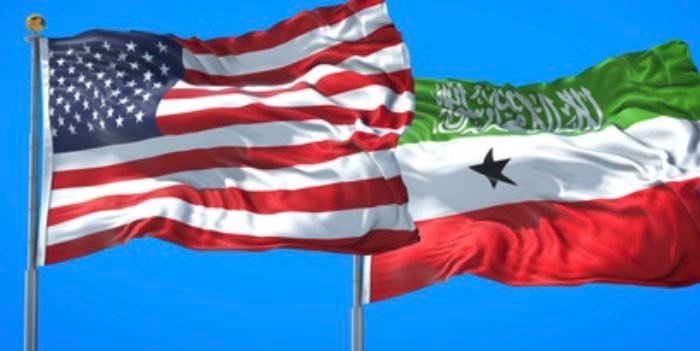MOGADISHU, Somalia – U.S. diplomat Herman J. Cohen has joined a growing campaign, calling on Washington to recognize Somaliland as an independent nation.
Cohen, U.S. Assistant Secretary of State for African Affairs from 1989 to 1993, said recognition would advance American interests in the Horn of Africa.
“I recommend the State Department proceed with its policy review and formally accept the Republic of Somaliland as a nation,” Cohen wrote on X.
Senator Ted Cruz, chair of the Senate Foreign Relations Subcommittee on Africa, pressed President Donald Trump last week to extend formal recognition.
Cruz described Somaliland as “a critical security and diplomatic partner for the United States, helping America advance national security in the Horn of Africa.”
He said China was using economic and diplomatic coercion to punish Somaliland for supporting Taiwan, urging recognition to protect the territory from Beijing’s pressure.
Somaliland is not recognized by any UN member state or international organization since declaring its own independence in 1991.
Leaders in Hargeisa argue Somaliland leveraged relative stability, democratic governance and a strategic coastline to improve international partnerships.
Trump recently told reporters his administration was “looking into” Somaliland recognition, comments hailed by some as a potential breakthrough for U.S.-Somaliland relations.
Recognition by Washington would mark a major shift in U.S. policy and could reshape geopolitical dynamics in the Horn of Africa, analysts said.
Former U.S. envoy Larry André cautioned that quickly recognizing Somaliland could destabilize the Horn and damage U.S. partnerships with regional governments.
In a policy essay, André cited deep clan divisions and political rifts. He urged Washington not to act without internal and regional consensus.
He warned unilateral recognition could provoke unrest, trigger military responses and undermine fragile Somali political reconciliation and regional security progress.
André outlined three U.S. options: maintain current policy, open a liaison office in Hargeisa, or formally recognize Somaliland’s independence.
He rejected outright recognition, arguing it would harm relations with Somalia and the African Union as he recommended a middle-ground approach instead.
He also noted most Isaaq clans support independence while Dir and Darod communities favor federal unity with Somalia.
He cited recent government crackdowns in Las Anod as evidence of Somaliland’s harsh treatment of dissenting and minority communities.
Drawing lessons from Eritrea and South Sudan, André said recognition typically follows dialogue with the parent state and African Union involvement.
He urged resuming stalled talks between Mogadishu and Hargeisa such as Djibouti-mediated discussions in 2020 or exploring hybrid governance models.
André concluded that resolving Somaliland’s status and reducing Al-Shabaab’s influence are critical to achieving lasting peace in Somalia and the wider Horn region.
Former Turkish ambassador to Somalia, Kani Torun, said Somaliland’s independence is unrealistic, noting no real ethnic or linguistic differences from Somalia.
“The only difference is clan and federalism would suit that. If every clan had a state, Africa would have over 500,” Torun said.
Recognition of Somaliland remains difficult as most countries and regional organizations support Somalia’s territorial integrity.
Experts say unilateral recognition could provoke unrest, strain relations with Somalia and face African Union opposition. Somaliland’s independence remains a contentious issue.
